理学士(荣誉)理学士
BSc (Hons) Paramedic Science

学历文凭
Bachelor Degree with Honours

专业院系
School of Health Professions

开学时间

课程时长

课程学费

国际学生入学条件
IDP—雅思考试联合主办方

雅思考试总分
- 雅思总分:
- 托福网考总分:
- 托福笔试总分:
- 其他语言考试:
CRICOS代码: B784
申请截止日期: 请与IDP联系 以获取详细信息。
课程简介
Being a paramedic is a highly rewarding and stimulating career. The BSc Paramedic Science course at the University of Plymouth offers a forward-looking programme of study, which aims to prepare you for the workplace by developing your decision-making capabilities, clinical knowledge, and skills base.<br><br>This fast developing and dynamic profession presents many opportunities to specialise within a variety of challenging healthcare environments. As such, you will have the opportunity of gaining valuable experience on placements within the ambulance service and can choose further placements within emergency, maternity and cardiology departments, GP practices and mental health services.<br><br>Paramedics work with people of all ages, from the very start of life to end of life care. The traditional ambulance paramedic works with a range of health care, social care and emergency service colleagues to support patients.<br><br>As paramedics are used to working autonomously, and with the development of the graduate profession, they are increasingly able to work in roles that were traditionally undertaken by others. Whether in the NHS, voluntary or private sector, paramedics can work in a several settings, including:<br>ambulance crews, air ambulance, Hazardous Area Response Teams (HART), minor injury units, event work (e.g. festivals, equestrian events, motorsports and rugby matches), primary care settings such as GP surgeries, hospital settings (e.g. advanced clinical practitioner roles)<br>forensic paramedics working in prison and police custody areas, education,research,leadership and management<br><br>3 years (with placements) Full Time.
相关申请
 预科
预科 奖学金
奖学金 实习机会
实习机会 在校学习
在校学习 跨境学习
跨境学习 校园授课-线上开始
校园授课-线上开始 在线/远程学习
在线/远程学习
开学时间&学费
学费信息仅供参考,请与IDP联系以获取详细信息
| 开学时间 | 时长 | 学费 | 地点 |
|---|
学校排名

世界排名401
数据源:
泰晤士高等教育世界大学排名
关于普利茅斯大学

普利茅斯大学位于英格兰西南部最大的城市普利茅斯,为国际学生提供英国生活的所有美好体验。校园位于这座充满活力的海滨城市的中心,距离当地海滩和达特穆尔国家公园仅有很短的车程。普利茅斯是英国生活成本最低的城市之一,生活成本比伦敦低约48%。普利茅斯大学在''2042年 泰晤士高等教育青年大学排名''中名列英国青年大学前2位,有190000万名校友遍布158个国家/地区,目前在校生中有3500名国际学生,约占学生总数的14%。普利茅斯大学设施精良,能够帮助学生充分利用好在英国的求学时光。该校已投入超过1.55亿英镑建设校园,其设施包括新建的表演艺术中心、配备造波水池和模拟航船的海洋大厦以及24小时图书馆。普利茅斯大学的研究享誉国际。在最新的''研究卓越框架 ''(REF) 中,超过四分之三的研究成果被评为世界领先或国际优秀。在 2022 年 《泰晤士报》高等教育影响力排名00505中,普利茅斯大学在''水下生物''领域位列世界第四。大学设施包括造波机、潜水中心和三艘科考船。每年,近4500名学生受益于普利茅斯大学基于实践的学习和实习机会。该校曾三次荣获享有盛誉的''女王周年高等教育奖''。普利茅斯的教学支持团队致力于帮助每位教职员工获得公认的高等教育教学资格。所有学位课程均包含实习、基于工作的学习或工作经验。凭借卓越的教学质量和实际工作技能的独特结合,普利茅斯的毕业生获得的不仅仅是学位。
本校相关课程
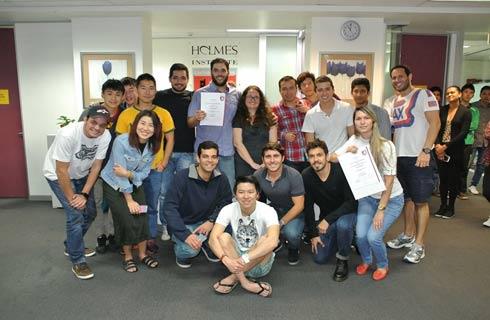
理学硕士动物园保护生物学
学历文凭
Masters Degree (Taught)
开学日期
课程费用总额

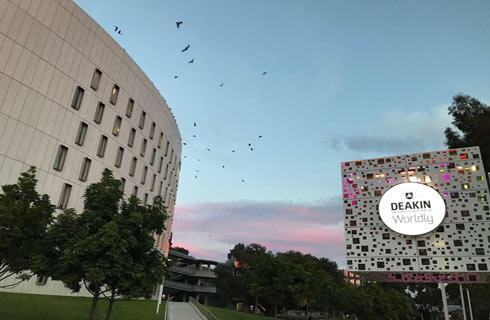
理学硕士旅游和酒店管理
学历文凭
Masters Degree (Taught)
开学日期
课程费用总额


ResM剧院和表演
学历文凭
Masters Degree (Research)
开学日期
课程费用总额


MRes可持续环境管理
学历文凭
Masters Degree (Research)
开学日期
课程费用总额


理学硕士可持续环境管理
学历文凭
Masters Degree (Taught)
开学日期
课程费用总额

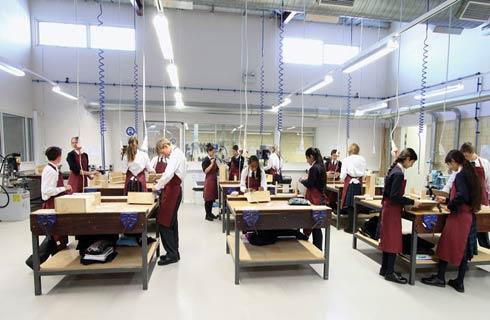
理学硕士可持续水产养殖系统
学历文凭
Masters Degree (Taught)
开学日期
课程费用总额

其他相关课程
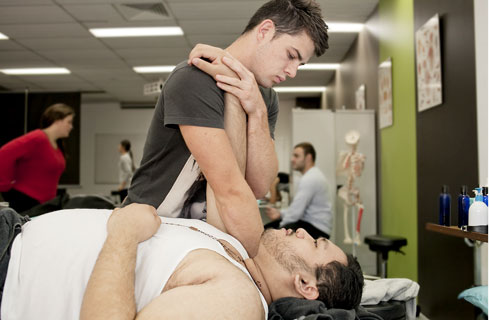
PhD Sport and Health Sciences - Children's Health and Exercise
 埃克塞特大学
埃克塞特大学泰晤士高等教育世界大学排名:172
学历文凭
Ph.D.
开学日期
课程费用总额


健康科学硕士(整骨疗法)
 维多利亚大学
维多利亚大学泰晤士高等教育世界大学排名:602
学历文凭
Masters Degree (Coursework)
开学日期
课程费用总额


博士教育与卫生技术
 诺丁汉大学
诺丁汉大学泰晤士高等教育世界大学排名:148
学历文凭
Ph.D.
开学日期
课程费用总额

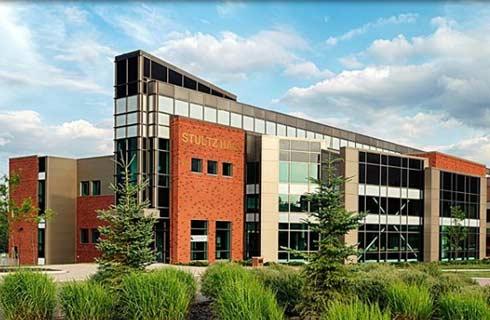
中小学保健和体育教育学士(荣誉学位)
 蒙纳士大学
蒙纳士大学泰晤士高等教育世界大学排名:58
学历文凭
Bachelor Degree with Honours
开学日期
课程费用总额

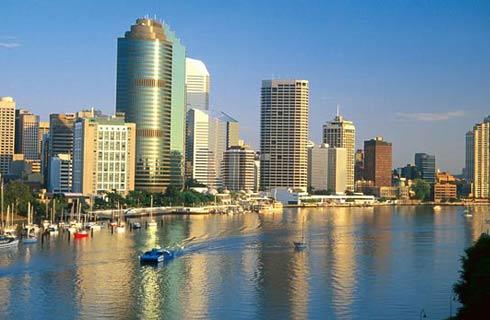
Bachelor of Exercise and Sports Science/Bachelor of Nutrition Science
 澳大利亚凯斯林大学
澳大利亚凯斯林大学泰晤士高等教育世界大学排名:409
学历文凭
Dual Degree
开学日期
课程费用总额

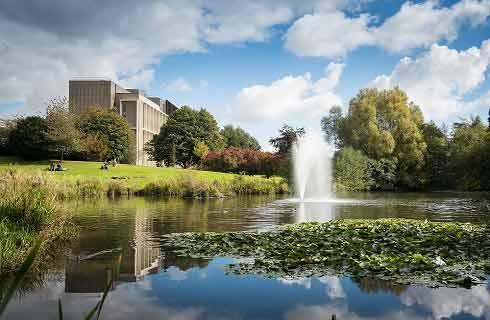
科学与健康基础证书-埃塞克斯大学国际学院
 Kaplan教育
Kaplan教育学历文凭
Foundation for Undergraduate
开学日期
课程费用总额










